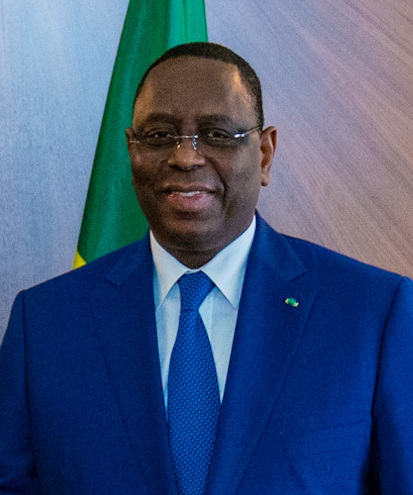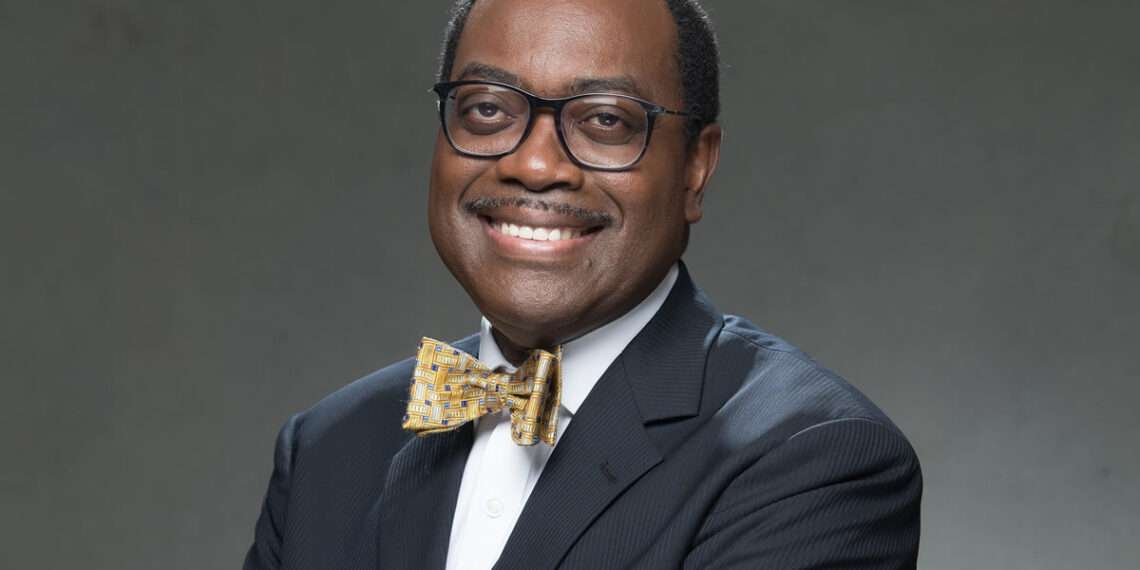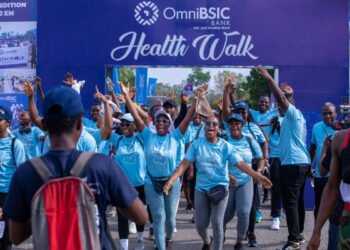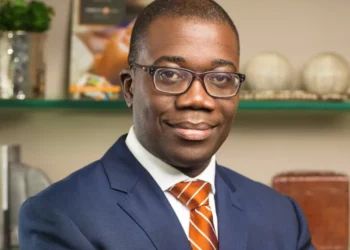Development Finance Institutions (DFIs) and international partners have been urged by their African leaders to increase support and funding for infrastructure project within the continent.
The infrastructure preparation initiatives include providing more grant resources to the NEPAD-Infrastructure Project Preparation Facility (NEPAD-IPPF) hosted by the African Development Bank (AfDB).
It is in this regard that the African presidents appealed with technical and financial partners to support with mobilizing resources needed to make commercial infrastructure projects.
This was relayed in a communiqué released after the close of the Second Infrastructure Financing Summit in Dakar. There also, an agreement was reached on the need for stronger national and regional risk mitigation systems that will attract greater private investment.
During the Summit, the African Union and the government of Senegal assembled a range of actors to employ support and financing for 69 priority water, information and communication technology, energy and transport projects – projects under the second phase of the pan-African Programme for Infrastructure Development in Africa (PIDA PAP2) initiative which runs from 2021 to 2030 and are worth $160 billion.
Macky Sall, President of Senegal and also the current African Union chairperson, during his opening address said: “The continent’s progress on infrastructure is real but the challenges are also real”.
“Sixty-one percent of the 69 projects have not yet undergone feasibility studies to attract private investors. We need to develop synergies between multilateral partners and NEPAD to conduct feasibility studies.”
Sall
With this, Sall was making reference to the PIDA priority projects while also pointing to public-private partnerships as a possible solution for African governments, which in the interim has been inhibited by economic conditions.

Speaking about public-private partnerships, Mostafa Madbouly, Egyptian Prime Minister in his speech, said his country in the last few years successfully raised over $140 billion and that much through public-private partnerships, for investment in infrastructure, which according to him has helped in creating 5 million new jobs.
“Egypt is ready to share its expertise in public-private partnerships.”
Madbouly
According to Sall, construction of the project on the Dakar-area deep-water port of Ndayane is set to begin this month, February 2023.
The project, financed by a collaboration between the government and DP World, an Emirati logistics company costs $800 million.
Public-Private Partnerships is not the entire solution, have well-prepared projects
Acting African Development Bank Vice President Marie Laure Akin-Olugbade, representing the Bank’s President, Dr. Adesina led a delegation to the summit where she hammered on preparing well towards the unfolding projects.
“The African leaders here understand it is possible to attract the private sector. The winning formula is not a mystery nor a secret. It begins with having well-prepared projects.
“The African Development Bank, in partnership with the EU through the PAGODA framework agreement, mobilized $43 million to conduct feasibility studies. Now the project has been restructured into a public-private partnership model.”
Akin-Olugbade

Akin-Olugbade gave this as an example while talking about the bank’s contribution towards the Abidjan-Lagos Corridor Highway Development project, a PIDA priority project.
Each dollar in grant support from NEPAD-IPPF for studies of regional infrastructure projects has yielded the mobilization of an average of 409 dollars in downstream support for the realization of physical infrastructure projects in Africa, Akin-Olugbade added.
“This is a significant leveraging effect and demonstrates the catalytic effect and importance of investing in quality project preparation.”
Akin-Olugbade
Continuing the Summit, Nardos Bekele-Thomas, CEO of the AU Development Agency, enumerated three things that would be indispensable for world-class infrastructure in Africa.
“We need our own DFIs (Development Finance Institutions) – and they can get together and do marvelous things; we need to set up facilities for project preparation and we need partnerships.”
Bekele-Thomas
On the final day of the summit, deal room sessions presented 16 priority projects, including the Establishment of a Navigational Line between Lake Victoria and the Mediterranean Sea-Feasibility Study Phase project; the Angololo Multipurpose Water Resources Development Project at the Kenya-Uganda frontier and the Masaka-Mwanza Transmission Line Project involving Uganda and Tanzania.
Other featured projects were the Abidjan-Lagos Corridor Highway Development project, which has already attracted $15.6 billion in interest; the Praia-Dakar-Abidjan Multimodal Transport Corridor Project; and the construction of the Central Corridor Standard Gauge Rail (SGR) in East and Central Africa.
READ ALSO: Sources Confirm Ghana Bilateral Lenders In Talks To Form Official Creditor Committee





















